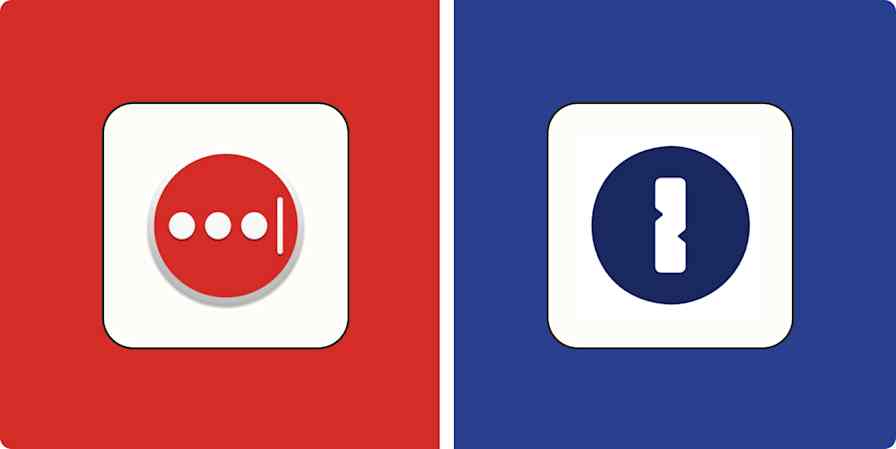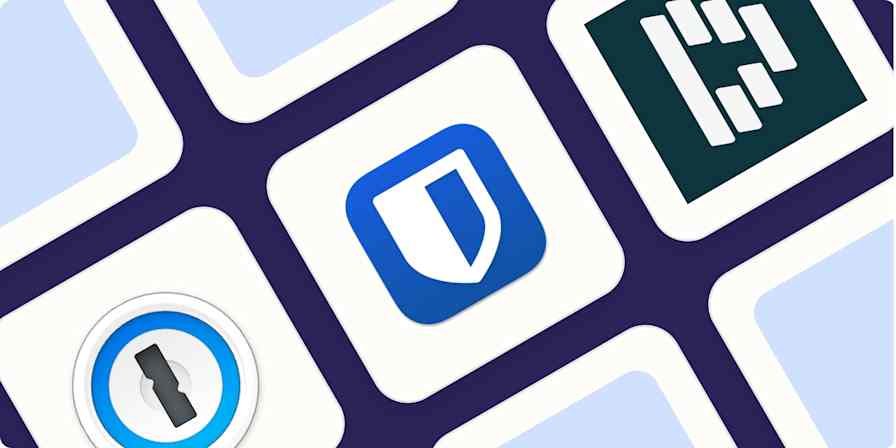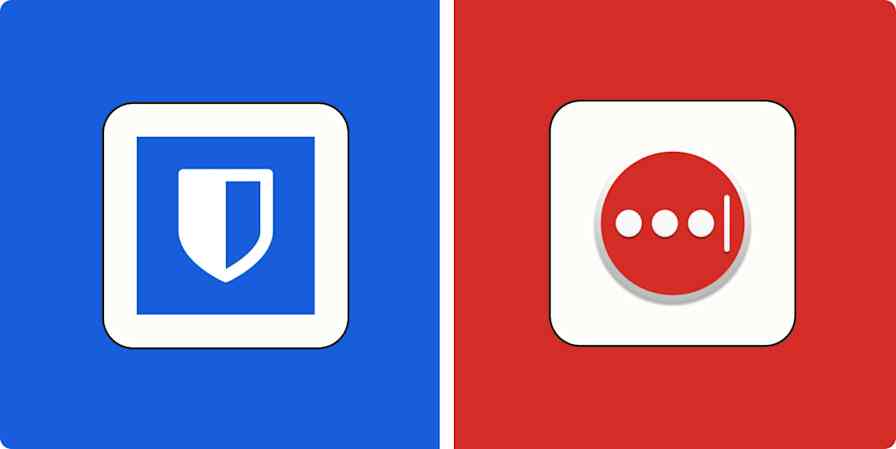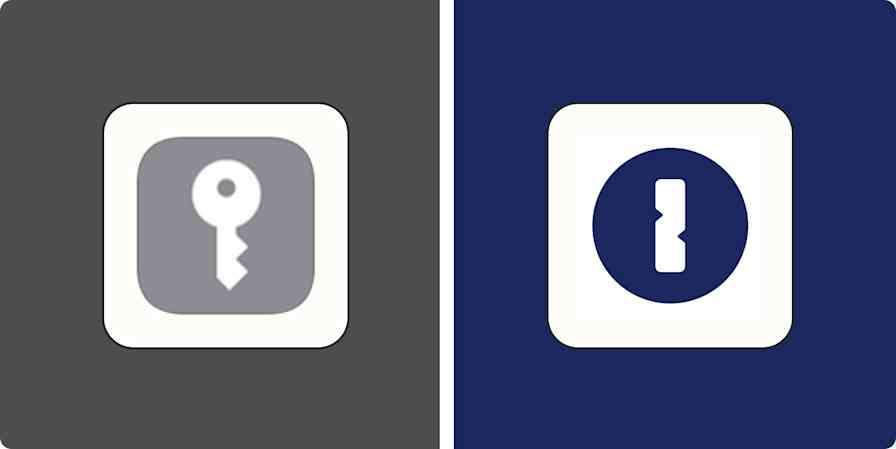App tips
10 min readVPNs Don't Make You Anonymous, But Use One Anyway
What is a VPN, what does it do, and what does it not do?
By Jill Duffy · May 30, 2018

Get productivity tips delivered straight to your inbox
We’ll email you 1-3 times per week—and never share your information.
tags
Related articles
Improve your productivity automatically. Use Zapier to get your apps working together.









